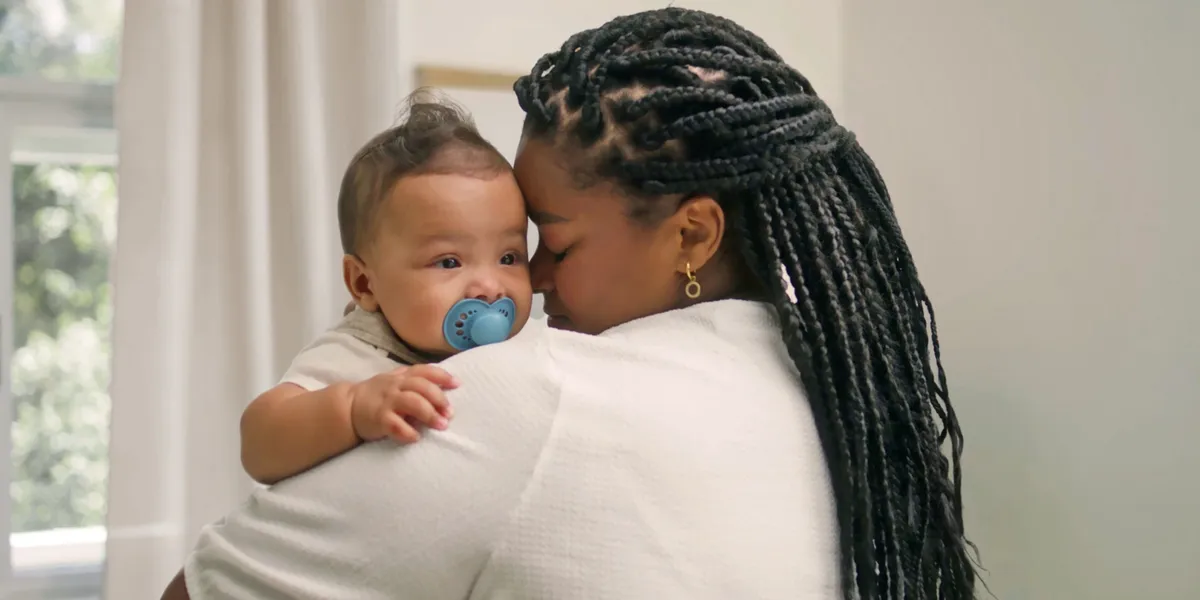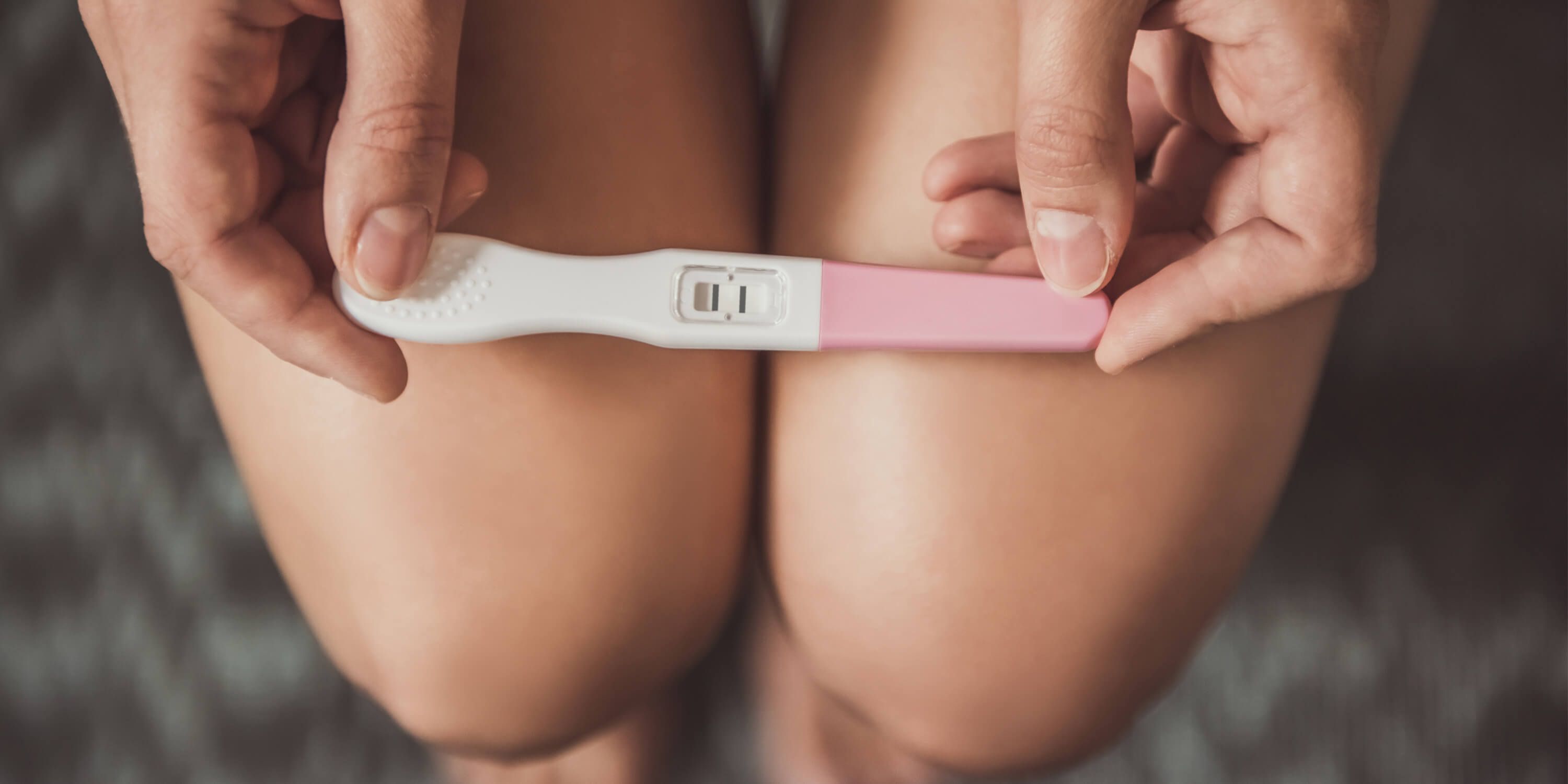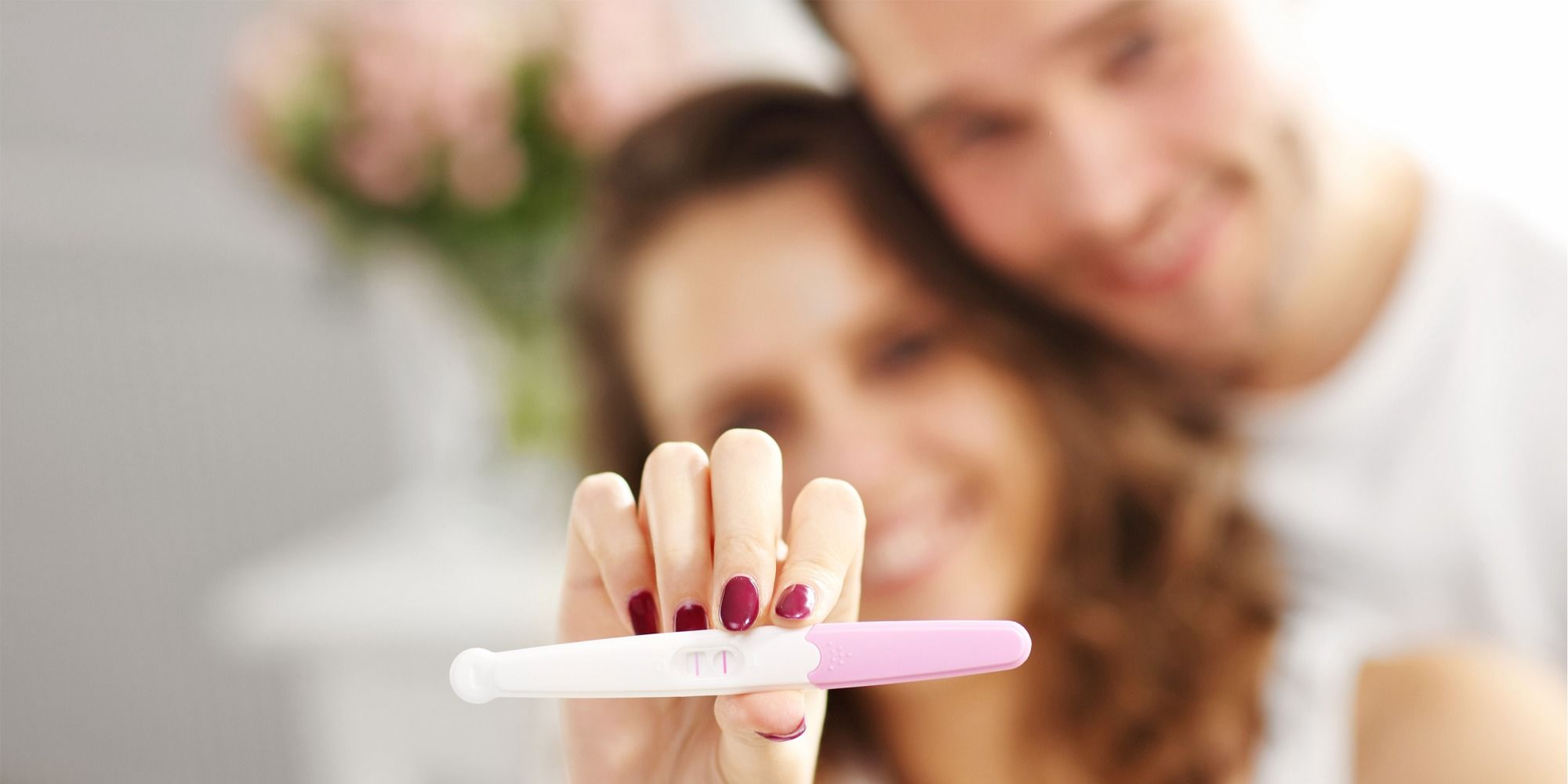Congratulations, you are finally really pregnant! Read on to find out what happens during fertilization and implantation, and whether there are noticeable signs of pregnancy at this stage, read on!
What's Going On in Your Belly Right Now?
After ovulation, the egg cell will only remain fertile for roughly one day. Fortunately for anyone who wants to become pregnant, sperm can survive for several days under optimum conditions and "wait" for the ovum.
Sperm and ovum meet in the Fallopian tube, where fertilisation occurs. Once a sperm succeeds in penetrating the egg cell, the nuclei of the two cells merge and the unique combination of chromosomes on which your baby is based is created.
The sex, size, eye and hair colour of your baby are all included in this special combination of genes. Exactly which pre-dispositions from mum or dad will not be decided until later .
Even before implantation the fertilised cell is busily dividing as it makes its way from the Fallopian tube to the uterus. 5-6 days after fertilisation the tiny cell mass (known as a blastocyst) implants itself in the uterine lining .
How do you feel at 3 weeks pregnant?
Many women don’t even begin to suspect that they might be pregnant until after 4 weeks of pregnancy, when they miss their first period, however, if you’ve been planning for a baby for a while you might already be looking excitedly at a pregnancy test? So, let’s start by answering the most important question: when can I take a pregnancy test?
Here comes the science-y bit . Commercial pregnancy tests measure the level of HCG hormone (beta human chorionic gonadotropin) in the urine. This is formed after fertilisation from the cells that will later become the placenta. The HCG concentration in the blood and urine rises as the embryo develops, reaching a high point around the 11th week of pregnancy.
Tests can indicate a pregnancy from roughly 2 days after the period should have started (14 days after fertilisation). These "early" tests can give positive results even 2 days before your period is late. But the result can also be a false negative at this early stage. The best time to take a pregnancy test is 7-10 days after you’ve missed your period, you can be confident at this time that the risk of a false positive is relatively low. You will always get the best result with your morning urine since this is when the hormone concentration is normally at its highest.
So what you need to know:
- You can take a test around 2 days after your period should have started, so just over 4 weeks since your last period.
- Tests at this early stage can result in false positives so it’s best to take multiple and then book in with your GP as soon as you can for confirmation.
- The best, most reliable tests will be 7-10 days after your missed period.
- Remember your hormone concentration is normally at it’s highest first thing in the morning so it is best to take a test during your first trip to the loo.
The important thing now is to ensure you’re looking after yourself and your baby by having a healthy diet that is as balanced as possible. This means lots of vegetables, wholegrain products and good protein sources (lean meat, fish, pulses, tofu or other plant-based proteins) . You should also begin to avoid alcohol and cigarettes. You may find that your sense of smell and taste has become more heightened than before.
Did you know some expectant mothers instinctively avoid alcoholic and cigarette odours even before becoming aware that they are pregnant.
Have you still not noticed any changes? Well that isn't unusual either! At this early stage, lots of women still have no idea that they are pregnant.
You should ideally discuss with your midwife or doctor whether you need any dietary supplements. In many cases, folic acid is recommended as it supports cell division and can help to prevent certain developmental disorders in the embryo.
Sources:
Natürliche Familienplanung heute, Raith-Paula, Frank-Hermann, Freundl, Strowitzki, 2008, 4th edition
Malteser Working Group NFP, Natürlich und sicher. Das Praxisbuch, 18th edition.




























